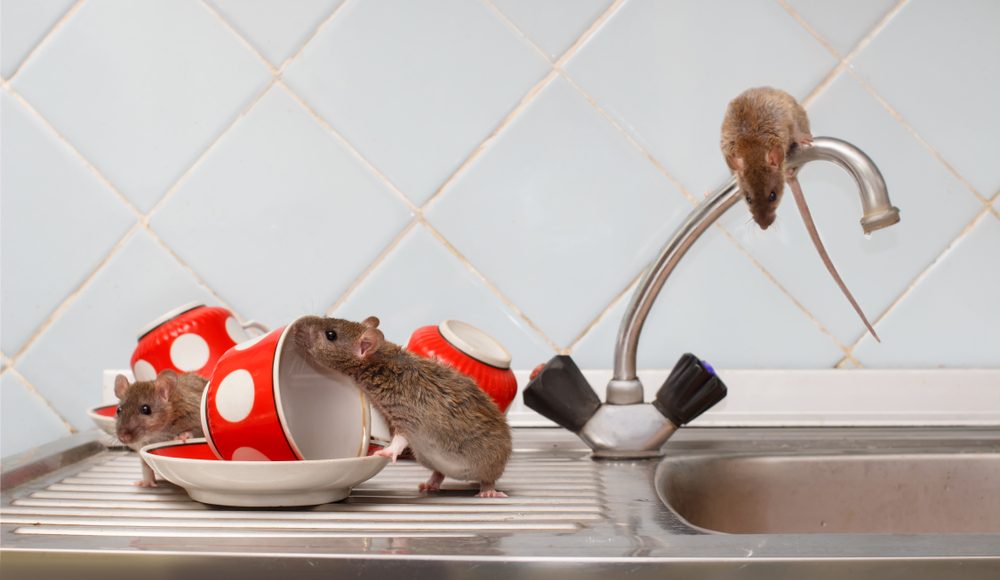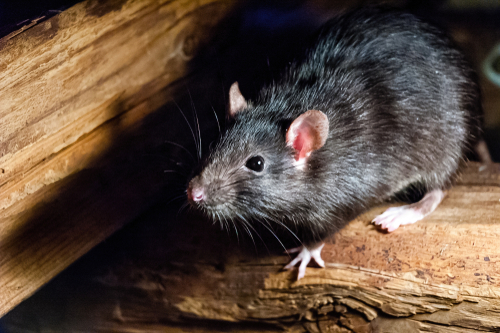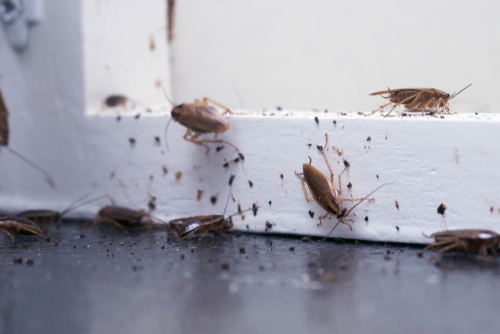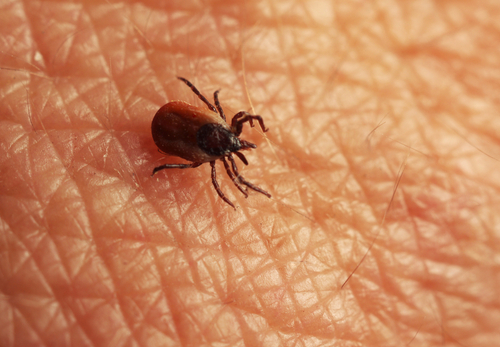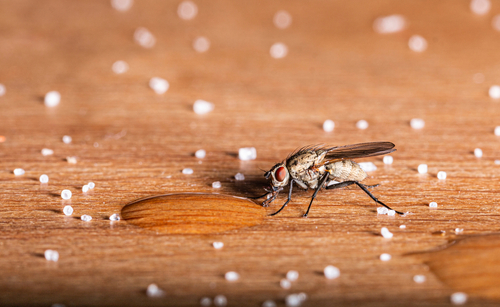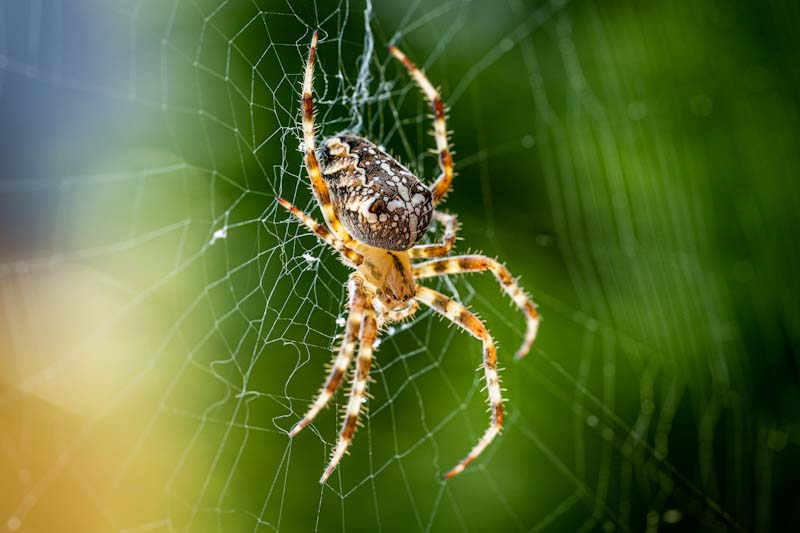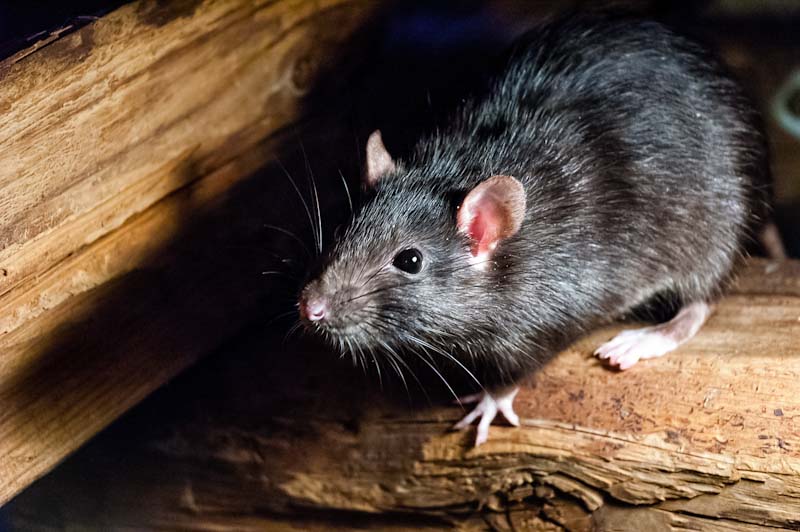As recently as a few short months ago, Covid-19 was just another unknown virus.
Now, this disruptive germ has achieved global notoriety in a matter of weeks, and people around the world are asking: how can I keep myself and my family safe?
Household pests like rats, roaches, and flies are known vectors for a variety of potentially harmful diseases. The question of whether they can also transmit coronaviruses like Covid-19 is one that scientists now are scrambling to find the answer to.

So, what’s the verdict? Can Covid-19 be transmitted by common household pests? The answer is… maybe. To date, there is no scientific evidence to suggest that household pests can be infected with the virus. Unfortunately, this doesn’t mean they can’t still bring germs into your home. Read on to find out which pests are most likely to bring Covid-19 into your home, and how they do it.
Disclaimer: There is currently no scientific evidence to suggest that any of the following pests can be infected with the coronavirus that causes Covid-19. However, new evidence may emerge as the situation progresses.
Can Covid-19 be transmitted by rats?
Short answer: Maybe.
Long answer: There is currently no scientific evidence to suggest that rats can be infected with the coronavirus that causes Covid-19. However, rodents like rats and mice may still bring the virus into your home, where it can be transmitted to yourself and your family.
This is because rats are, by nature, filthy creatures. Their preferred habitat is often the sewer, and they won’t think twice about trailing their dirty feet over your possessions. If they come into contact with the virus before invading your home, there is a small chance that they can then contaminate items in your house.
But how likely is it that coronavirus-carrying rats will infest your home?
Another side effect of the pandemic is that towns and cities all over the world are seeing increasing numbers of rats out in the open. As humans hide themselves away and restaurants close down, their usual supply of dropped snacks and other food waste is drying up fast. As a result, urban rats are starving, and are emerging from the sewers by their millions in a desperate search for food. This means that household infestations are more likely than ever, so be on your guard!
What other diseases can you catch from rats?
Even if rodents don’t carry the Covid-19 coronavirus, they are known vectors for a wide range of dangerous pathogens. Rats and mice are known to transmit the following diseases to humans:
- Plague
- Hantavirus Pulmonary Syndrome
- Rat-bite fever
- Salmonella food poisoning
- Tularemia
- Lassa fever
- Lymphocytic Chorio-meningitis (LCM)
- Leptospirosis
Can Covid-19 be transmitted by cockroaches?
Short answer: Maybe.
Long answer: To date, no scientific evidence has been found to suggest that cockroaches can be infected with Covid-19. What we do know is that, like rats, roaches are crawling with germs. These dirty critters spend their lives crawling over garbage and through sewers and can pick up any number of bacteria and viruses in the process.
If they then find their way into your house, they can contaminate any surface they walk across. In doing so, they may transfer the Covid-19 virus to various items around your home, which increases your risk of infection.
If you don’t already have cockroach prevention measures in place, now is the time to step up your game. Check for signs of roaches regularly, and make sure to keep your kitchen clean and your trash secure.
What other diseases can you catch from cockroaches?
Most of the illnesses you can catch from cockroaches cause serious stomach problems and include:
- Salmonella food poisoning
- E.coli food poisoning
- Gastroenteritis
- Typhoid fever
- Staphylococcus infections
- General diarrhea
In addition, roach allergens (like their saliva, feces, and skin casks) are known triggers for asthma and other allergies.
Can Covid-19 be transmitted by ticks?
Short answer: No.
Long answer: Just like mosquitoes, ticks are known vectors for a wide variety of nasty diseases; in fact, they hold the silver medal for infectious diseases. These parasitic bugs latch on to your skin to feed and can transmit all sorts of dangerous pathogens to your bloodstream in the process.
However, they are not known to carry or transmit the coronavirus that causes Covid-19. This doesn’t mean you should let your guard down, though. Ticks are still carriers of a wide range of potentially life-threatening illnesses, and their bites should be avoided at all costs.
What other diseases can you catch from ticks?
Ticks can transmit some very serious diseases to humans, including:
- Anaplasmosis
- Babesiosis
- Lyme disease
- Rocky Mountain spotted fever
- Borrelia miyamotoi disease
- Borrelia mayonii disease
- Ehrlichiosis
- Powassan Virus disease
- Tularemia
Can Covid-19 be transmitted by houseflies?
Short answer: Maybe.
Long answer: So far, houseflies are not known to be infected with the coronavirus that causes Covid-19. However, that doesn’t mean they can’t bring the virus into your home. Just like rats and roaches, houseflies may bring the virus into your home by landing on contaminated surfaces outside. They then fly around your house, transmitting whatever pathogens they’ve picked up to your possessions. By doing so, they raise your risk of picking up Covid-19 – even if you haven’t been outside in weeks.
What other diseases can you catch from houseflies?
Houseflies are gross, and that’s a fact. The long list of potentially life-threatening illnesses caused by houseflies includes:
- Dysentery
- Cholera
- Typhoid
- General diarrhea
- Eye infections (such as pinkeye)
- Leprosy
Can Covid-19 be transmitted by mosquitoes?
Short answer: No.
Long answer: By now, it’s a well-known fact that mosquitoes carry and transmit a wide range of dangerous pathogens. These tiny monsters kill around 700, 000 people every year, and are thought to be responsible for a whopping 17% of all infectious diseases worldwide. This makes them the deadliest creatures on the planet, but one thing they have in their favor is that they’re not known to carry Covid-19.
What other diseases can you catch from mosquitoes?
Diseases that are known to be transmitted by mosquitoes include:
- Malaria
- Yellow fever
- Dengue fever
- Zika virus
- Chikungunya
- West Nile virus
Can Covid-19 be transmitted by bed bugs?
Short answer: No.
Long answer: Bed bugs have long been suspected of transmitting infectious diseases. However, there is still no evidence of this to date. Though creepy and itchy, bed bug bites are, therefore, highly unlikely to be a source of Covid-19.
That’s not to say bed bugs are harmless – far from it! These parasitic insects make their nests in headboards, mattresses and other bedding material, where they can hide in even the tiniest of gaps and crevices. At night, they emerge to feed on your sleeping body, leaving rashes of maddeningly itchy bites in their wake.
These insects are notoriously difficult to get rid of and can be a source of severe distress for sufferers. The worst thing is that they can enter your house in a dozen different ways, including in suitcases, laundry and even between the leaves of your library books.
What other problems are caused by bed bugs?
They may not transmit disease, but bed bugs can still cause skin problems. They often bite their host several times as they walk across the skin, which can cause:
- Severe itching
- Swelling
- Redness
Scratching at the bites can cause further irritation and damage to the skin. If the skin is broken, this makes it possible for secondary infections to set in. In rarer cases, bed bug bites may even trigger a severe allergic reaction.
Conclusion
As we all know by now, Covid-19 is a highly infectious virus and spreads easily from person to person. We also know that the coronavirus probably originated in animals – but does this mean we need to be wary of household pests?
So far, there is no scientific evidence to suggest that Covid-19 infects household pests. This means that biting, blood-sucking insects like ticks, fleas, and bed bugs are highly unlikely to transmit the virus.
However, other pests, such as rats, cockroaches, and houseflies, may act as mechanical vectors of the disease. This means that, although they cannot be infected with Covid-19, they may carry the virus into your house on their bodies. Several pest species are known to come into frequent contact with garbage, polluted water, and even sewage. If they then walk over objects in your home, they could increase your risk of infection.
Even if they don’t bring the coronavirus into your house, you still have every reason to kick these creatures out quickly. Household pests and biting bugs (like mosquitoes and ticks) are known to transmit a wide variety of harmful illnesses such as Lyme disease and malaria. Other pests (such as rats and roaches) can contaminate food items, utensils, and preparation areas, which can lead to serious stomach problems.
The best way to keep yourself and your family safe (both now and when the pandemic finally passes) is to keep your guard up against household invaders. Taking preventative measures to keep your household free from pests is the most effective way to prevent full-blown infestations.


